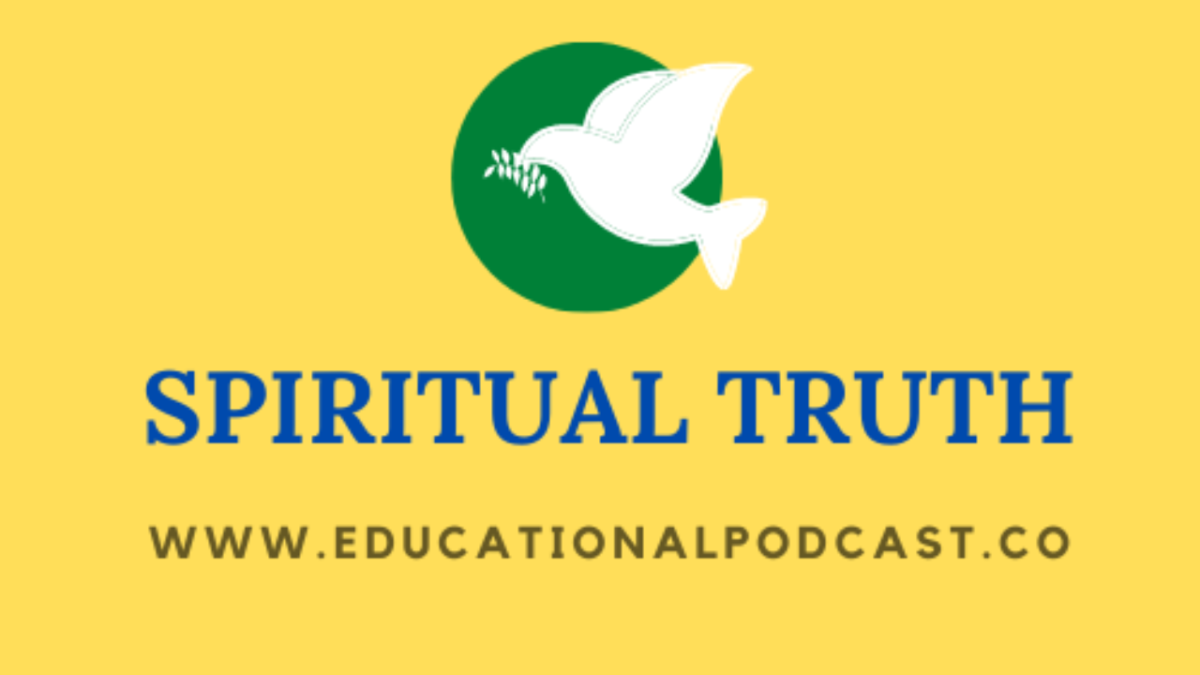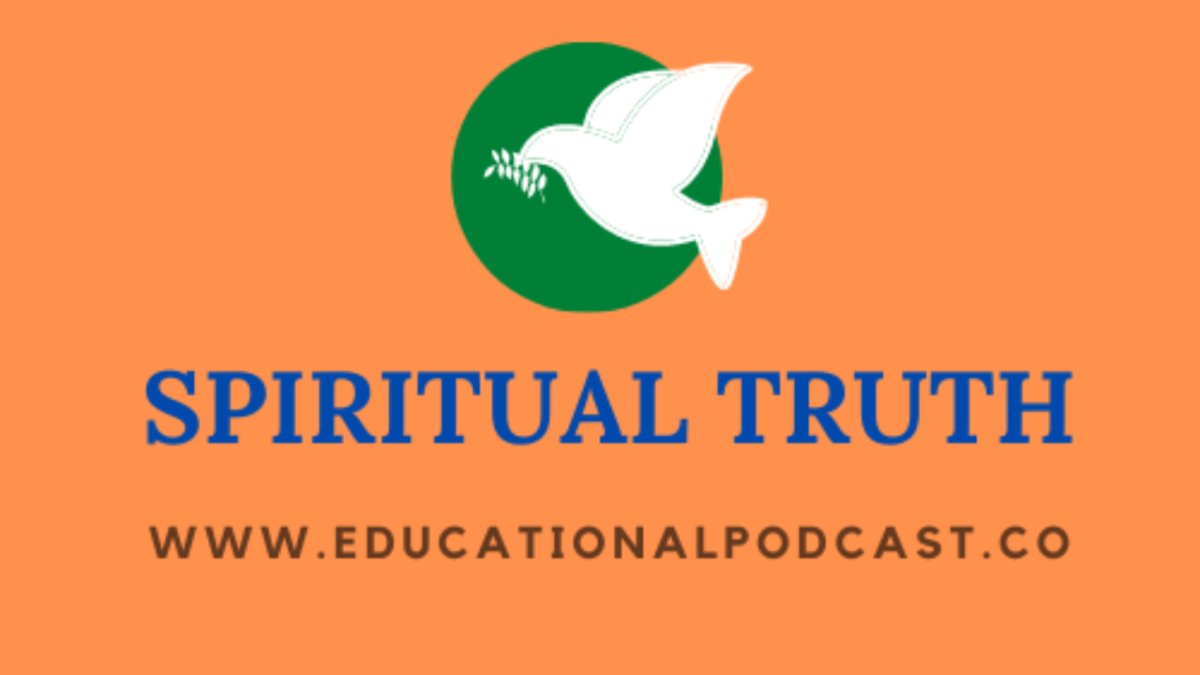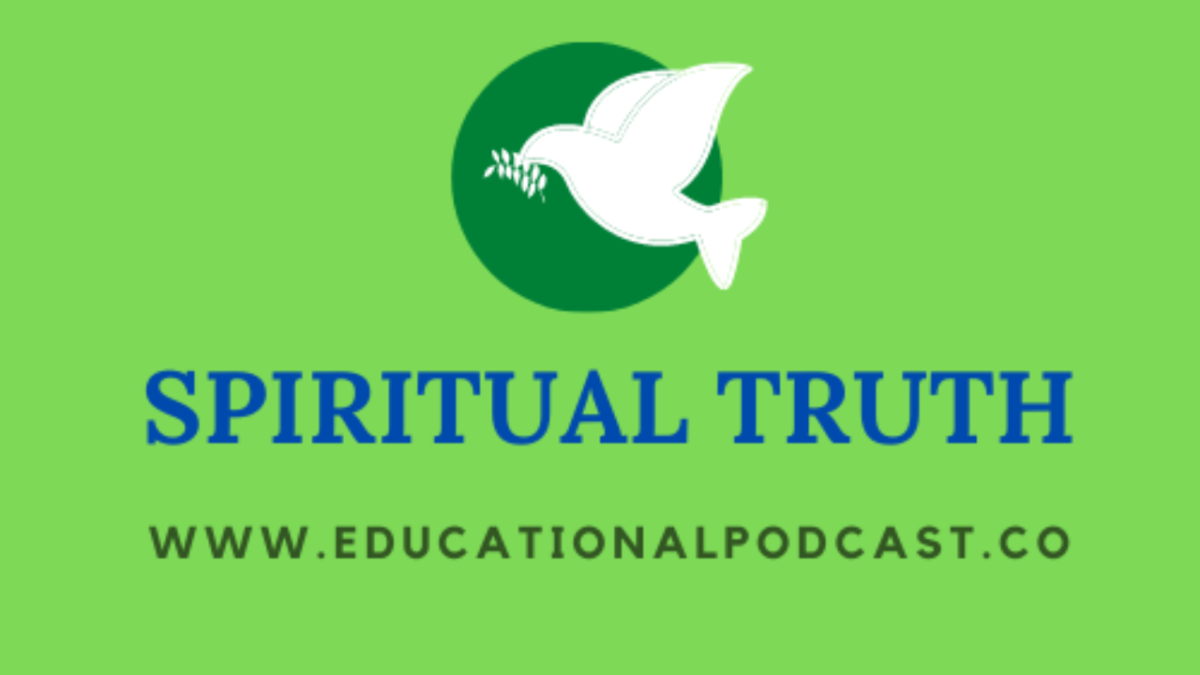The Tenth Commandment of the Ten Commandments of Yahweh, the Father in heaven, from the Scripture
In today’s episode, we’re diving into the Tenth Commandment of the Bible, a fascinating piece from the Ten Commandments of the moral code of Yahweh that often gets overlooked. It’s not just about not wanting what others have, it’s about the very nature of desire itself.
Hello. My name is Elder Dan, your host. Welcome to today’s episode of the educational podcast, the home of the free podcasts for real biblical truths.
If you would rather listen to this, just click the play button below. 🙂
The Tenth Commandment reads: “You shall not covet your neighbor’s house. You shall not covet your neighbor’s wife, or his male servant, or his female servant, or his ox, or his donkey, or anything that is your neighbor’s.”
At first glance, it might seem like a simple “don’t be jealous” kind of rule. But there’s a deeper, more profound message from Yahweh, the Creator and Almighty Father in heaven, from this very last command.
Coveting isn’t just about wanting what someone else has. It’s about the very nature of desire itself. It’s about the slippery slope of wanting more, of never being satisfied with what we have.
In a world that constantly bombards us with messages of “more, more, more,” it’s easy to fall into the trap of coveting. We see our neighbor’s new car, their beautiful home, their successful career, and we think, “Why can’t I have that?”
But here’s the thing: coveting isn’t just about material things. It can also apply to non-material aspects of life, like relationships, talents, or even personality traits.
The problem with coveting is that it can lead to a never-ending cycle of dissatisfaction. We’re always chasing after something that’s just out of reach, never content with what we have.
So, what’s the solution? How do we navigate this slippery slope of desire?
The key is contentment. It’s about being satisfied with what we have, and not always wanting more. It’s about appreciating the blessings in our lives, and not constantly comparing ourselves to others.
It’s also about recognizing that true happiness doesn’t come from material possessions or external achievements. It comes from within, from a sense of purpose and fulfillment that’s not dependent on what we have or don’t have.
The Tenth Commandment is a powerful reminder to keep our desires in check, to be content with what we have, and to focus on the things that truly matter in life.
So, the next time you find yourself coveting something, take a step back and ask yourself: “Is this really what I need? Or am I just falling into the trap of never-ending desire?”
Remember, life is about the journey, not the destination. Enjoy the ride, and be content with what you have.
That’s all for today’s episode. I hope you found this discussion on the Tenth Commandment insightful and thought-provoking. Until next time, stay curious and keep exploring the depths of the human experience by not being covetous or desirous of the earthly things!
Brothers and sisters, thank you for joining me on this episode of the educational podcast. If you’d like to continue this conversation or share your thoughts on this topic, leave a comment below or reach out to me directly. Feel free also to visit our main website by clicking here to read and learn more genuine truths from the Bible.
Brethren, before I go, let me pray this prayer for you: May Yahweh bless you and keep you; may Yahweh make his face shine upon you and be gracious to you; may Yahweh lift up his countenance upon you and give you peace. I humbly pray all these things to Yahweh through Yahshua the Messiah, our Master and coming King, amen. Kindly keep praying for the shalom of Israel. Take care. Halleluyah!



